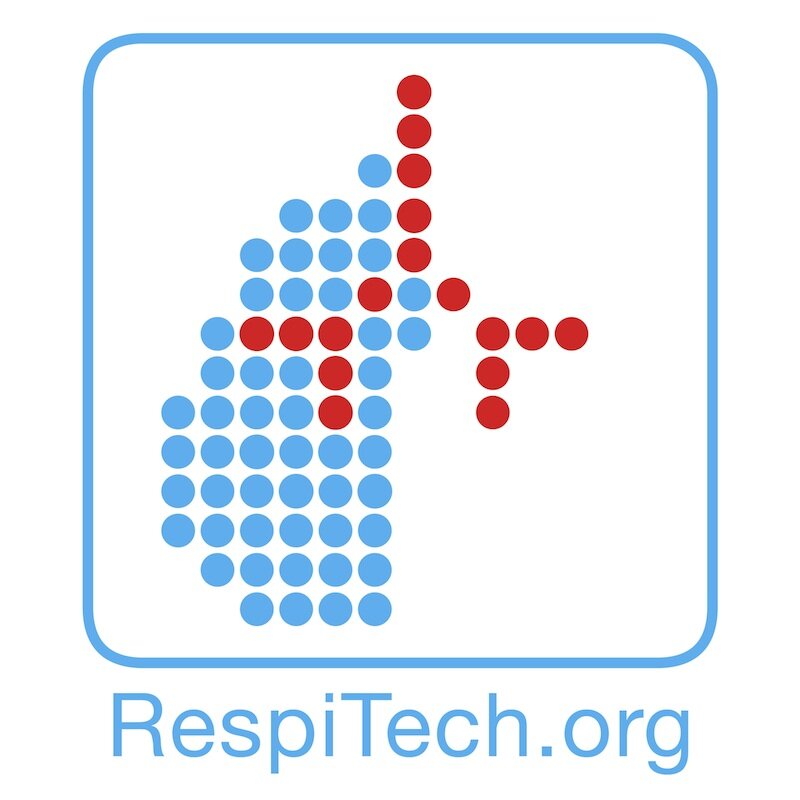Ever since the success of developing inhalable insulin, drug delivery via pulmonary administration has become an attractive route to treat chronic diseases. Pulmonary delivery system for nanotechnology is a relatively new concept especially when applicable to lung cancer therapy. Nano-based systems such as liposome, polymeric nanoparticles or micelles are strategically designed to enhance the therapeutic index of anti-cancer drugs through improvement of their bioavailability, stability and residency at targeted lung regions. Along with these benefits, nano-based systems also provide additional diagnostic advantages during lung cancer treatment, including imaging, screening and drug tracking. Nevertheless, delivery of nano-based drugs via pulmonary administration for lung cancer therapy is still in its infancy and numerous challenges are expected. Pharmacology, immunology, toxicology and large-scale manufacturing (stability and activity of drugs) are some aspects in nanotechnology that should be taken into consideration for the development of inhalable nano-based chemotherapeutic drugs. This review will focus on the current inhalable nano-based drugs for lung cancer treatment.
